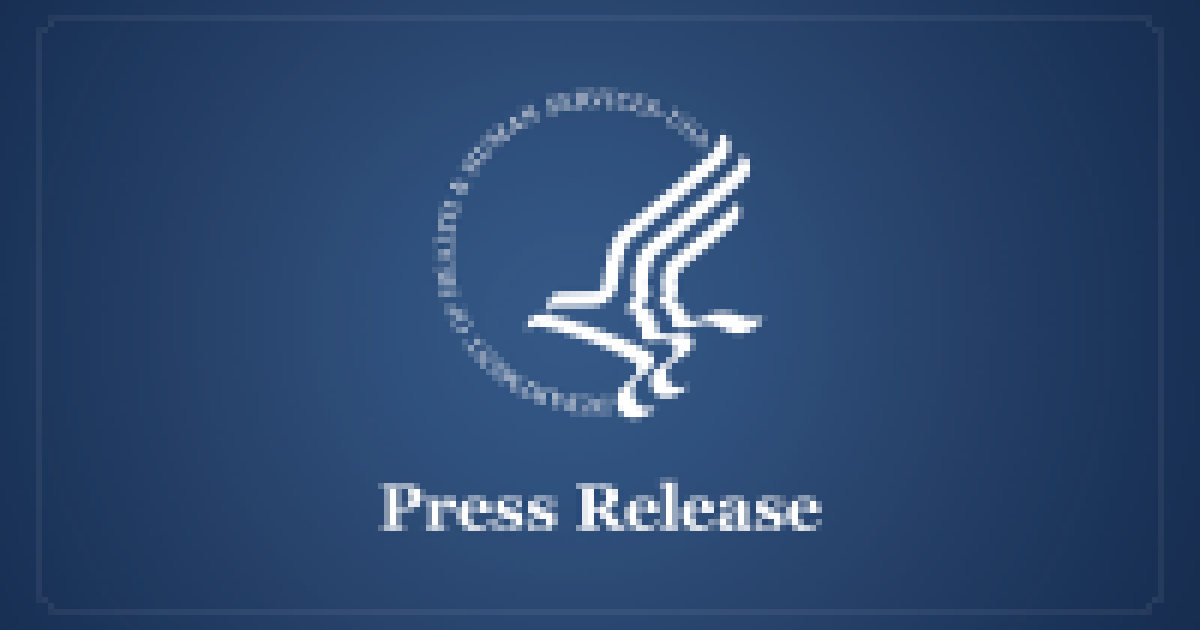During their training, medical students and residents participate in medical language programs to learn how to care for people with disabilities or limited English proficiency.
Today, the U.S. Department of Health and Human Services (HHS), through the Health Resources and Services Administration (HRSA), announced more than $8 million through 18 grants to train primary care medical students, physician assistant students, and residents to provide culturally and linguistically competent care to individuals with limited English proficiency and physical, intellectual, and developmental disabilities. HRSA’s mission is focused on improving access to health care for historically underserved communities, and today’s investment addresses critical gaps that occur in medical training and impede access to care.
“The Biden-Harris Administration is committed to improving health equity and ensuring all patients have access to health care providers who have the training and skills to meet their needs,” said Health and Human Services Secretary Xavier Becerra. “Today, we are making it easier for people with physical or developmental disabilities or limited English speakers to see a doctor who understands them and their health care needs. The Department of Health and Human Services will continue to take action to reduce barriers to care and support health care workers and the patients they serve.”
“At Health Resources and Services Administration, we work every day to improve access to health care for individuals and families who live in underserved and rural communities and support the health care workers needed to deliver this care,” said Health Resources and Services Administrator Carol Johnson. “By helping medical schools and primary care training programs enhance trainees’ skills and give them hands-on experience caring for people with physical and developmental disabilities and limited English proficiency, we are investing in building a workforce that meets the needs of our communities.”
In a survey of more than 700 physicians conducted in 2022, only 41% were “very confident” that they could provide the same quality of care to individuals with disabilities as those without disabilities, and only 57% strongly agreed that they would welcome individuals with disabilities into their practice. This led researchers to conclude that improvements in medical education and training are needed to prepare physicians to care for individuals with disabilities. HRSA’s investment will support primary care trainees to acquire culturally competent skills to provide care to individuals with physical, intellectual, and developmental disabilities through clinical and classroom training and rotations providing health care services to individuals with disabilities.
People with limited English proficiency often experience poorer health outcomes and subpar health care provider experiences, including challenges with understanding physician questions and diagnoses, and reading and using prescriptions, referrals, and follow-up instructions. A 2021 Kaiser Family Foundation survey found that among Hispanic adults who responded to the survey in Spanish, 35% said they had trouble finding a doctor who explained things to them in a way they could understand, compared to 17% of those who responded to the survey in English. Of the 30 million health center patients treated annually, more than 25% are best served in a language other than English, according to data from HRSA-funded Community Health Centers, which provide primary care regardless of an individual’s ability to pay. The Association of American Medical Colleges recently highlighted the need for academic medical schools to provide more language training to medical students to address patient communication, especially for physicians practicing in areas where a large portion of the population has limited English proficiency. HRSA investments will support primary care trainees with activities such as language development and fluency. Develop a future workforce with the capabilities to improve health outcomes for all through clinical training, care, and practice with populations with limited English proficiency.
Award recipients will focus on a disability, limited English proficiency, or both. To view a complete list of awardees, visit https://bhw.hrsa.gov/funding/apply-grant/pcte-lda-fy2023-awards.

